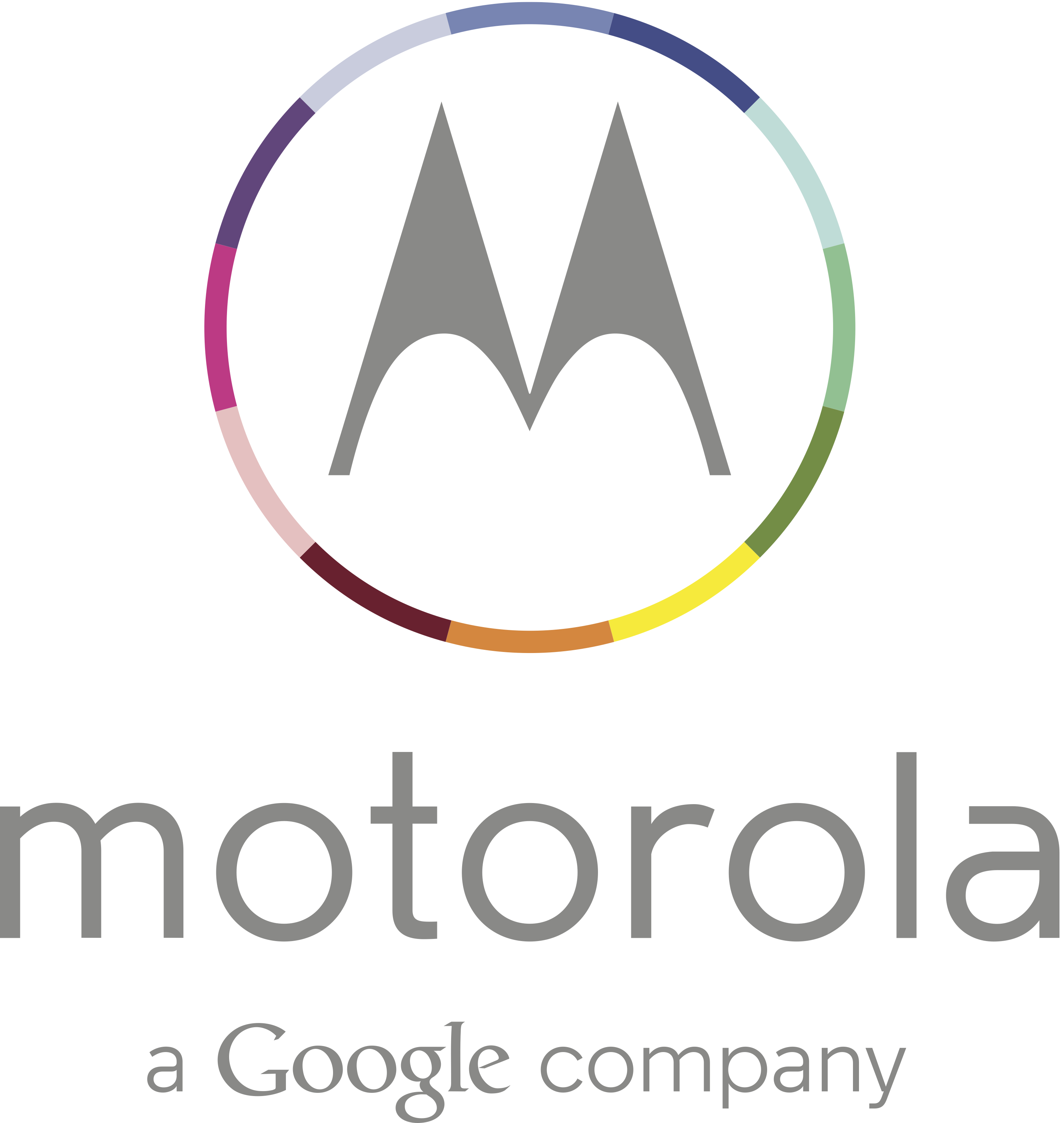In a sign that tech companies have moved beyond the patent litigation stage of throwing everything against the wall to see what sticks, Apple and Google-owned Motorola Mobility Monday dropped more than a dozen patents in preparation for a Florida patent-infringement lawsuit.
The move signals both companies are seeking the strategic upper-hand in a case which has exasperated the presiding judge. In the case scheduled for August of 2014, Google-owned Motorola dismissed eight patents while Apple dropped six yesterday, after previously trimming two patents, according to a joint stipulation filed before the District Court for the Southern District of Florida in Miami…
Judge Robert N. Scola had pushed the trial back four months after complaining the two companies could not agree on how to reduce the scope of the case without his intervention. Obviously, Motorola and Apple received the hint loud and clear.
According to patent guru Florian Müeller of FOSS Patents, that four-month delay was more damaging to Motorola than Apple, already consumed by litigation with rival Samsung.
The delay “is more of a problem for Google (which still has nothing to show in U.S. litigation in terms of leverage from the $12.5 billion Motorola deal),” Mueller writes.
Rather than both wasting time on patents that might pay off in some licensing fees, the two companies are “focusing on patents that could could them some leverage should they obtain injunctive relief,” he adds.
In other words, pick you targets and go for what could hurt your competitor, not simply a fat check.
As examples in the more strategic use of patents in the courtroom, Mueller points to Apple using its patent on managing missed phone calls against Motorola.
Yesterday, news came that Apple lodged a complaint against Motorola alleging the Google company asked for more than twelve times going rate to license its patents.
Meanwhile, Moto wants to try its hand at a claim which blocked iCloud push notifications in Germany for a year, before a high court in that country overturned the stay.
